7 Dangerous Diseases/Disorders Seafarers Should Be Aware Of
Working on ships has its perks, but it’s also a well-known fact that working at sea is one of the most hazardous occupations, in regards to personal health and safety concerns of seafarers. Apart from accidents, seafarers are prone to certain serious diseases and health hazards due to the nature of onboard work, change in climatic conditions, type of cargo carried, working hours, materials being handled, epidemic and endemic diseases, personal habits etc.
Although seafarers go through a strict medical test before joining a vessel, it is evident that the life of seafarers is constantly at risk while out at sea and what makes it more worse is the lack of professional medical attendance (doctors) on board.
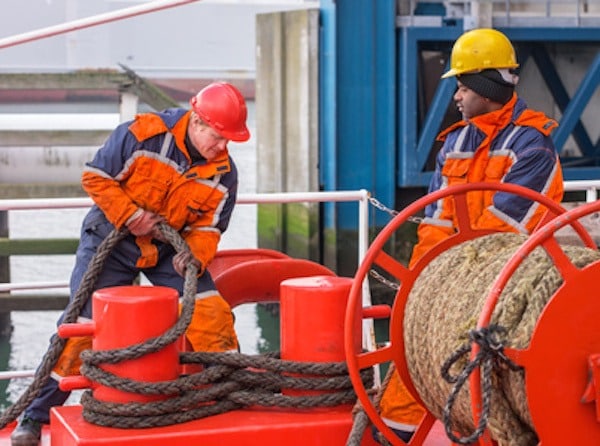
The following listed diseases/ illnesses can commonly occur working onboard merchant marine vessels at sea.
1. Hand Arm Vibration Syndrome (HAVS):
Hand transmitted vibration is one of the major hazards that several seafarers face during their course of work. Operating power tools such as chipping machine (rust bust), needle guns and hand held grinders is the main reason for such syndrome. Frequent and prolonged exposure to such power tools results in hand –arm vibration syndrome and it may lead to permanent disability if not treated in time. The common symptoms of this hazard are tingling of fingers, numbness and blanching and even pain in the arm and wrist. Lack of awareness and improper guidelines on safe limits of usage or exposure to such tools and machinery, along with other factors such as smoking, circulatory problems and improper diet etc. make seafarers more vulnerable to this disease.
Further Reading: Patient
2. Cardio-Vascular Disease (CVD):
Cardio- vascular disease is as commonly found in the seafaring community as in the general population. Various mortality studies have revealed that the percentage of seafarers who die because of cardio vascular diseases is because of common factors which are a combination of genes, age, smoking and other reasons influenced by conditions aboard such as stress, diet, lack of exercise etc. With minimum number of crew on board ships, multitasking, and lack of leisure and recreation facilities, high stress levels are prevalent among seafarers, which is a major cause for Cardio Vascular diseases. Although medicines such as isosorbidedinitrate , glycerol –tirnirate for acute chest pain and metoprolol tartrate, adrenaline, atropine for heart rhythm disorders are available on board, in case of a severe heart stroke, which requires immediate medical assistance, evacuation to the shore becomes difficult or sometimes impossible, posing great risk to the lives of seafarers.
Further Reading: World Hearth Federation
3. Musculoskeletal Disorder (MSD):
According to a survey conducted by a European based health research facility on board Norwegian and Danish flag offshore vessels mainly (PSV and AHTS), seafarers were reported to suffer from serious disorders related to muscular and skeleton structure of their body. The reason was that as offshore operations are carried out by modern fleets with high end technology and round the clock schedules in all types of weather conditions, many seafarers work on straight 12 hours shift or 6 on 6 off shifts, which leaves them with very less time to do any major physical activities. MSD is a main cause for many seafarers to take longer breaks from sea life, sometimes even leading to disability. As they say prevention is better than cure, exercise and stretching is recommended to prevent Musculoskeletal Disorder. Modern ships have good gym facilities but lack of time and motivation is a great challenge faced.
Further Reading: Osha-Europa
4. Cancer:
1 out of 8 deaths globally is because of cancer and the scenario is getting worse. As far as seafarers are concerned there has also been a gradual increase in various cases of cancers. The most common among them being lungs cancer, renal Cancer, leukaemia and lymphoma. Even though occupational hazardous such as asbestos, benzene, benzidines are being removed or substituted on ships, new potential carcinogens such as beryllium (used on Product tankers), cadmium, lead etc. have been introduced in to the work place. Officers and crew working on both deck and engine fall prey to this deadly disease due to continuous exposure to such toxic substances. Personnel working on oil, chemical and product tankers are majorly exposed to chemicals and the risk of developing various types of cancer, including brain cancer and leukaemia, is extremely high. Other factors such as smoking, exposure to UV radiation, lack of sleep etc. also aggravate conditions leading to cancer.
Further Reading: Oncolink
5. Sexually Transmitted Disease (STD):
Just like food and water, sex is a basic need of all human beings and seafarers are no different. Traveling to different countries make seafarers vulnerable to sexually transmitted diseases such as HIV/ AIDS and venereal diseases like gonorrhea and syphilis. AIDS is a major concern because it results into serious consequences on both professional and personal life. In recent days, seafarers do not fit the stereo type of having a woman in every port, but owing to long term isolation, lack of leisure and recreation facility and availability of strong sex industry in almost every port of call, seafarers are easily susceptible to unsafe sexual activities and make them a victim of fatal diseases. Creating awareness among seafarers about sexually transmitted disease can minimize and prevent the risk of transmission; however only self-discipline and control can completely eradicate the disease.
Further Reading: CDC
6. Pandemic And Epidemic Diseases:
Because of their nature of work, seafarers are bound to visit many ports in different parts of the world and are thus exposed to various pandemic and epidemic diseases such as malaria, cholera, yellow fever, tuberculosis etc. Seafarers are vaccinated and medically checked thoroughly; however they are in major danger of being exposed to sudden outburst of new diseases in areas they visit. An example can be the recent outburst of EBOLA in West African countries.
The best practice for such situations is to use all preventive measures to contain the spread of contagious diseases on board. The master and the crew should be informed about the diseases before docking and restriction of people embarking the vessel and shore leaves can be effectively controlled to prevent such illness from spreading.
7. Hypertension:
Hypertension is mentioned as one of the major occupation hazards onboard merchant and offshore fleets. Excessive stress, fatigue, loneliness, smoking, consumption of alcohol, lack of physical activity etc. are the main causes for the same. Hypertension can also lead to other illnesses like stroke, renal failure etc. Change in lifestyle and food habits, quitting smoking and alcohol, engaging in physical activities such as exercises, swimming, yoga etc. can reduce hypertension to a great extent.
Further Reading: Heart
Given the demanding nature of the work at sea, possibilities of completely eradicating these diseases and disorders is nearly impossible. One should realize that these diseases are the outcome of the work seafarers are involved in.
In many cases in the past, seafarers have been denied compensation for disabilities and death, even though most of the above mentioned diseases are listed by ILO as occupational hazard. It’s therefore important that seafarer are provided with all the support in times of such unfortunate situations or events, which has occurred while he or she has been carrying out day to day responsibilities.
Over to you..
Do you know about any major diseases/disorders seafarers should be aware of?
Let’s know in the comments below.
You may also like to read:
5 Reasons Seafarers Matter To The World
Do you have info to share with us ? Suggest a correction
Latest Ship Safety Articles You Would Like:
Subscribe To Our Newsletters
By subscribing, you agree to our Privacy Policy and may receive occasional deal communications; you can unsubscribe anytime.



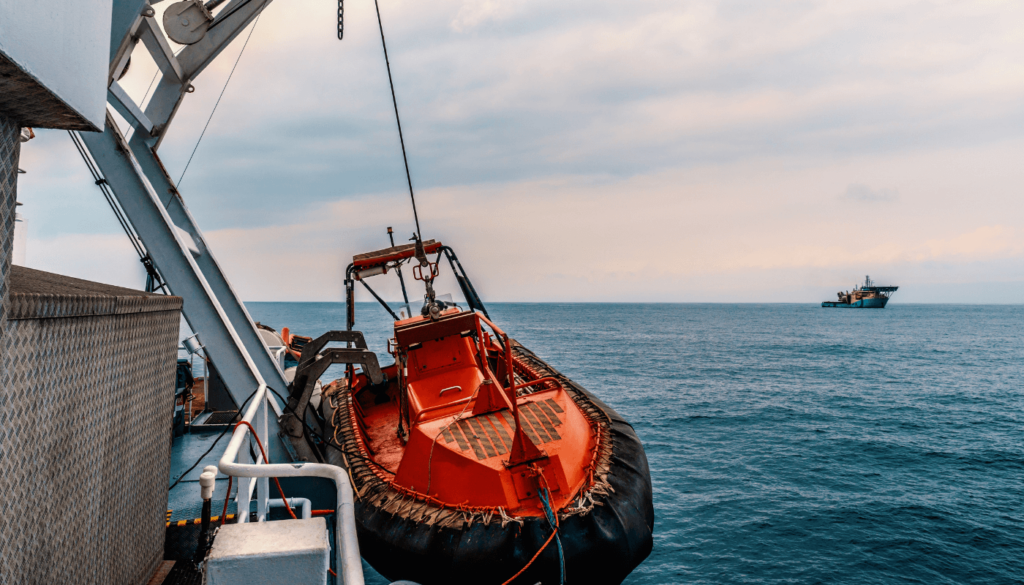
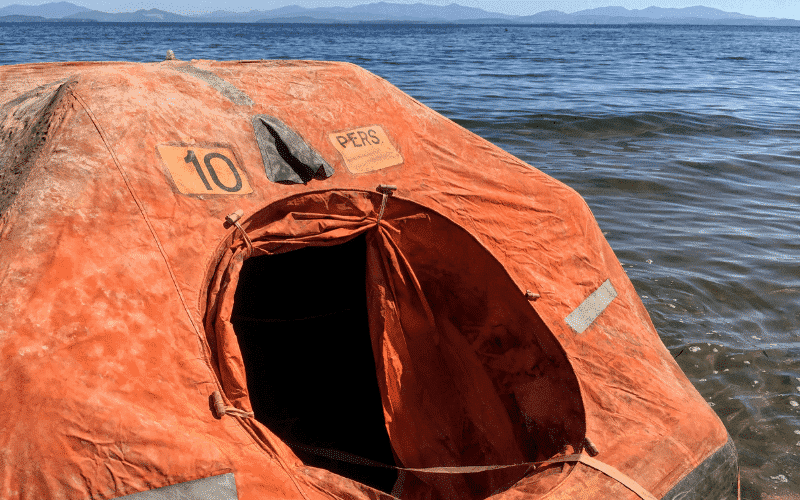
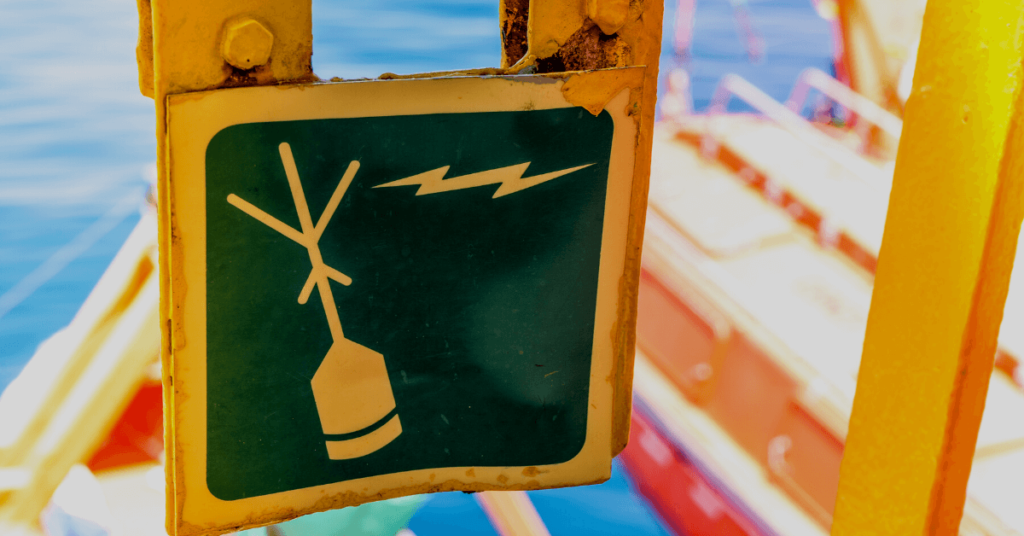
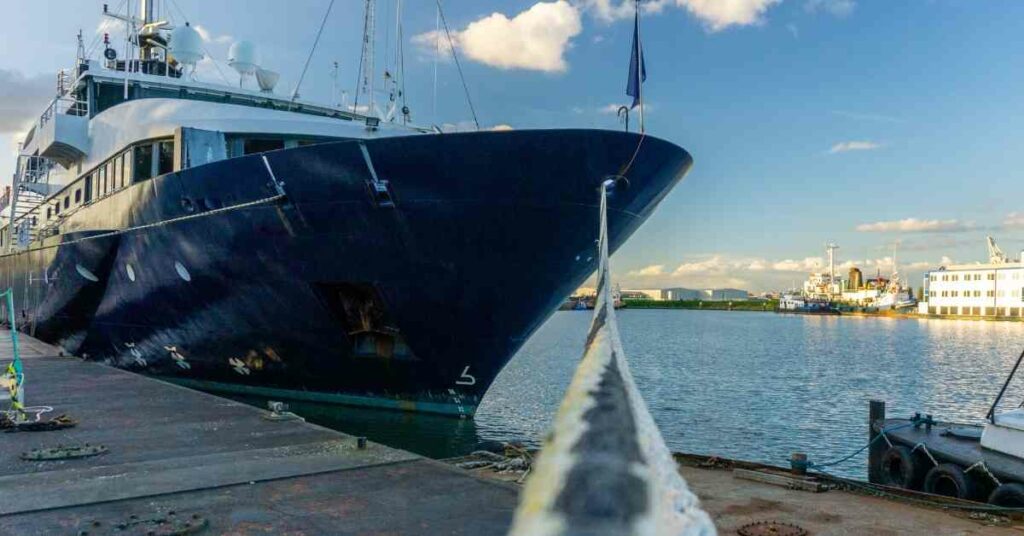
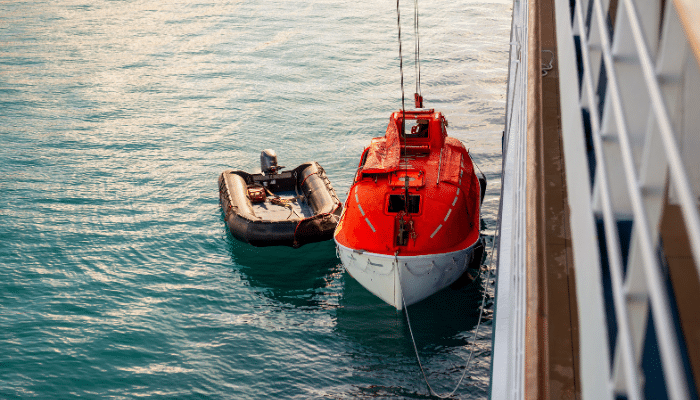


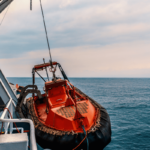
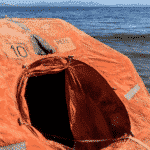
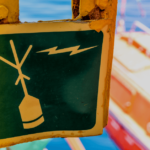
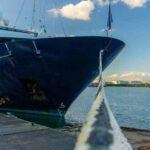
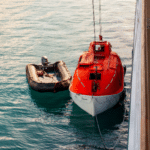


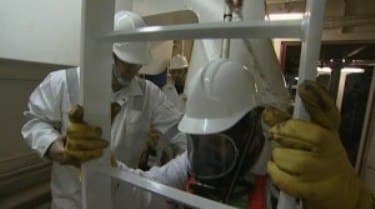
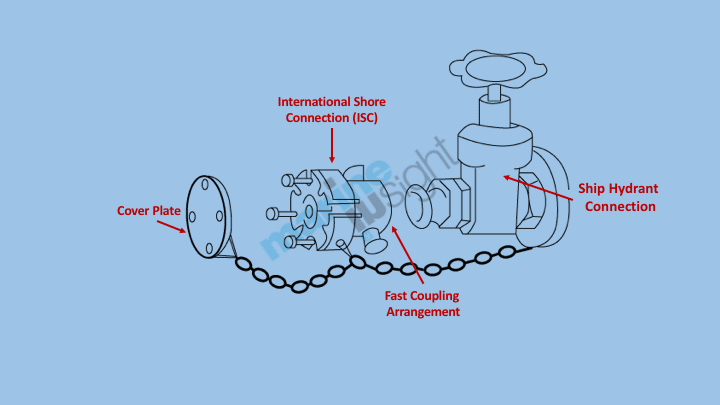
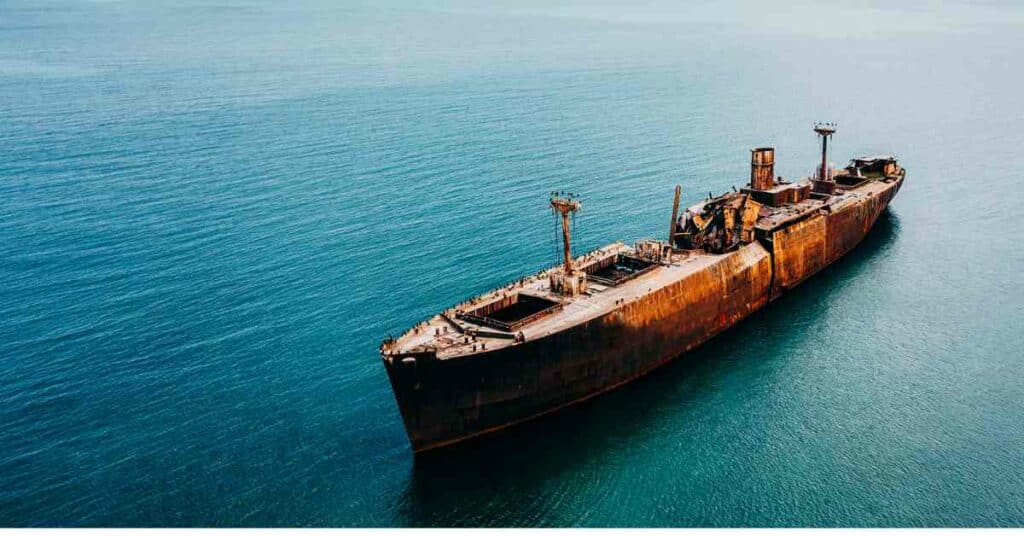
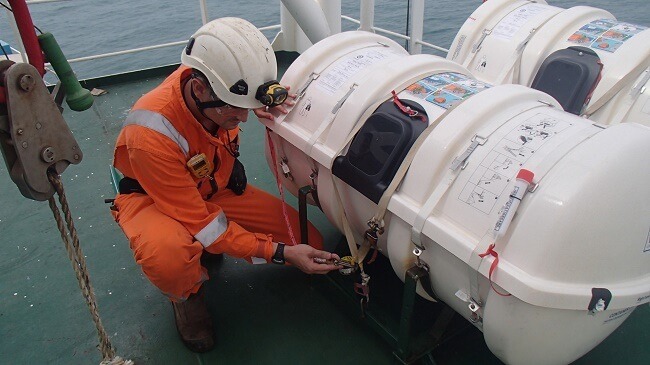
Hi dilip
Very informative…thanks guys
yes we have cheklist but sadly in my own experience my officer not fallow where is ism, where is safety firts? like me i was paintaing in bow truster room keel level of the ship and no air ventilation..
Can seafarers escape those disease/disorder
I AM FULLY INFORMED THANKS,.
its really informative website.
that is why, i decided to quit as early of my age and trying to find land base job..
Subinjose what is the health line of a cruiser ship ?
Am working as a waiter since 10 years
What about scurvy
My sister joined the a cruise ship in 2007 and was diagnosed with cancer 2 years later/ no history of that in our house siblings and and parents/ we lost her in 2017 after a futher brain cancer developed. Im in South Africa and need advice on how to institute a civil claim since it was her plea in 2016.
I’m about to apply for the Marine Engineering course after my B.E but I came out positive for VDRL Test (syphilis) before applying!
I got treatment for the same..Can I still apply for GME or I’m unfit for marine field?
Please help me out since it’s affecting my life a lot!
@Shiv: The company will not allow a person to board a ship with any kind of STI. You can join the ship after the treatment once the infection is fully cured.
@Anish
Thanks for your reply!
So basically it rules out that I’m only unfit until I get treatment for STI and after treatment I’m eligible.
I got the treatment but the problem with VDRL test is that it gives POSITIVE Results for whole life even after treatment.
I’m wondering if company will allow me to board after this being tested positive?
Hoping for the best! My interview and medical is in December for the GME course admission.
@Shiv: That is correct. You can only join once you are fit.
I will recommend you to get in touch with a DG shipping approved doctor in your area to get your doubts cleared as you can get the admission on the basis of your treatment papers. However, during the time of joining the ship, you have to go for the company’s medical tests which may create an issue.
Can I still work onboard if I’m positive in Hepatitis C? I am so worried, I worked hard to be a seaman and I had no idea that i have this kind of disease.
@Marlas: You are allowed to join ship after full recovery and confirmation of low level of infectivity
I was diagnosed with Myeloma, a form of blood cancer in March 2018. I have been sailing on oil tankers since 2004 right from my cadetship days to the Chief Mate rank.
I did a lot of digging to find out of any other seafarers who have been diagnosed with myeloma but could not find any.
While I have been exposed to H2S, Benzene and other hydrocarbons throughout my career, my oncologist was of the opinion that my career choice was unlikely the reason for me contracting the disease. And worst of all, unlike most other forms of cancer, Myeloma is treatable but incurable so far and usually hits back at some point in time.
It is very important to investigate any persistent pain in any of the bones especially the spine region as myeloma affects the bones by making them brittle and leading to fracture if untreated.
Still unsure on the suitability of a seafarer to be considered for sailing once diagnosed with myeloma as there is insufficient data in this regard. Probably it is a new thing for the company as well to deal with.
Bless you all with good health.
@Samsul: We wish you a healthy and speedy recovery. Godspeed.
Can a person with kidney disease work onboard a vessel?
I graduated from a marine college as a marine engineer with intention to sail.
Back pain is a common injury s seafarer could suffer, how come you have not included this?
If you are crew and diagnosed with cancer…can you ever go back to work?
If after radiation, surgery & chemo, you pass the PEME, can they exclude you because of the previous cancer?
@Cyril: As per the WHO medical guidelines- you are eligible to join back if Cancer diagnosed more than 5 years ago, or specialist reviews no longer required and no current impairment or low continuing likelihood of impairment from recurrence. This has to be confirmed by specialist report with evidence for opinion stated.
How about a hemorrhoid?are they strict in that disease?are they unfit to work if they have that?
@jocelyn: Yes. If it is not treatable or condition persistant, you are not eligible to join. Before every joining, it will be checked in the medical examination.
Sir,how about fracture in leg in totally recovery you can join again the ship even if you have plates in screw…thanks
I would like to ask. My friend is currently on TB Treatment for almost 4 months and he is taking his drugs religiously. Is he still eligible to pass the medical exam or does he need to finish his treatment before boarding?Thank you.
@Josie: He needs to complete his treatment before boarding.
sir currently my xray shows a white patch on left lung. Doctors say it may be an infection of previous tb or present. Will my company take me back if i will completely treat it and without infection
@Ajith: Yes, as per the ILO guidelines, they should if you are completely treated.
I had a heart attack on board just two months after joining the ship in the year 2014 may 3 rd. After sign off i went to the doctor and done all the treatment and I worked for offshore for three years. But my old company got closed down. My show stress test negative. Now i am trying for new company doctor are not making fit. where as cardiologist has given fitness report and permitted to work on board. what should i do. please suggest.
@Thomas: Unfortunately, it is the company’s doctor whose report will be considered. Try getting in touch with other companies.
Hi sir, my brother in law recently detected a hypertension, he supposed to be on board this month but sad to say that his not unfit.. the doctor give a medicine.. is there any chance to go back after medication and maintain the BP?
hi sir..i have already done 2 contract onboard and now i have vitiligo on my skin…theres any chance in my medical to pass?to be fit?
@Joeffrey: To be medically fit, the condition should be stable, and not impairing.
Hi sir im diagnosed with a chronic hepatitis b way back 2014, am i fit to work on a ship or unfit? Is it possible that it will be cured?
With Chronic hepatitis B, you will not be allowed to go onboard ship. Please consult a doctor for clarification whether it can be cured or not.
I use a needle gun a lot.As far as the Hand-Arm Vibration Syndrome goes I have the use of anti- vibration gloves.These greatly lessen the vibration in your hands & I rarely get the tingling in my fingers.I got it often before I got the anti-vibration gloves.They come in 2 types-full glove & half finger glove.If any of my fellow seafarers out there can get them,i,d advise you to do so.
Questionnaire investigating the impact of Corona virus (COVID-19) outbreak on the maritime industry
Greetings and thanks for your cooperation. The questionnaire you have in hand is designed to conduct my research entitled “Investigating the situation of maritime transport in the Corona virus (COVID-19) outbreak crisis.” Please study each question carefully and specify your comment by placing a “•” sign in the relevant option section. Your answer sheet information will only be used to conduct this research and will not be made available to any individual, group or organization and it will remain confidential to the researcher.
Please open the below link and answer the questions carefully:
https://docs.google.com/forms/d/e/1FAIpQLSdyeb8rtJbbe7D9yjTmPZ9J9fqIJ7ik44_DTDRk8v3LpdNACQ/viewform?usp=pp_url
Researcher:
Captain Mostafa Khalifehgholi
Hypertension mostly common dieses among the seafarer..because of excessive workload nd unnecessary paper works
Can I still work in marine if I have a Fractured arm?
@Dominador: If your arm has been fixed and functioning as normal, you can.
What about hemorrhoids?
Can someone with hep b work onboard. This person has known about this condition for about 8 to 9years now. All tests including liver health looks good. And no treatment has been given.. The person’s career path is purely in the marine industry. The person actually studied Marine Engineering and has gained a 12 months seamanship. What would be the fate of this person if test of hep b shows positive??
it is possible to have a job again if i did’nt finish the contract because of health issues?
@Fridelyn: Yes, of course.
If you are fit enough to join back 🙂
Hi sir my syphilis was fully recovered and done treatment i want to apply messman in the cargo ship can i join in the ship if i am done my medication